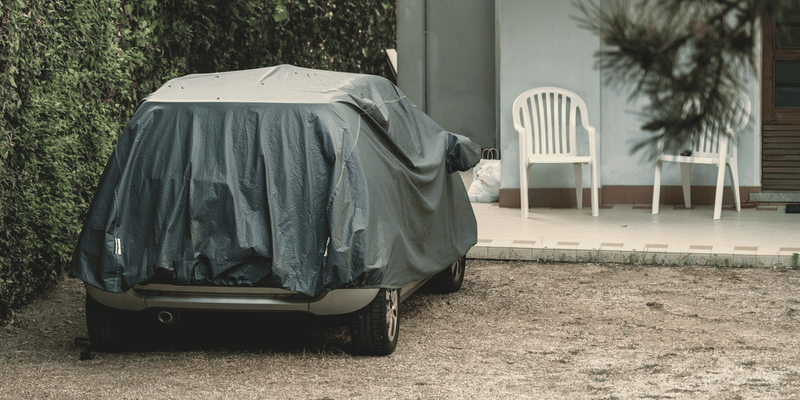
If you are not redirected within 30 seconds, please click here to continue.
Samedi: 10h – 16h HAE

If you are not redirected within 30 seconds, please click here to continue.
If you are not redirected within 30 seconds, please click here to continue.
Moving abroad? Here’s how car insurance works

Table of Contents
Thinking about moving abroad to work, study, or simply escape the Canadian winter? If you won’t be using your car for six months or more, do you still require car insurance?
Unlike home and life, auto insurance across Canada is mandatory by law, and it’s illegal to drive a car without insurance. If you’re involved in a collision and/or fail to produce proof of insurance, it could mean licence suspension, a penalty fee of anywhere between $5,000 to $25,000, and an impounded vehicle.
According to RATESDOTCA Insuramap data, a resident of Toronto pays an estimate of $1,620 in yearly premiums. And if you won’t be using your car half the time, paying high premiums on it might not make sense.
That leads most people to think they’re better off cancelling their car insurance while away — but this may prove to be costlier in the long run.
Why shouldn’t you cancel your car insurance?
Cancelling your car insurance for any period of time, and for whatever reason, will adversely affect your insurance premiums.
Most insurance companies require driving and insurance records from the past three years. If you have been away for a year within this span, the insurance company may perceive you as a driver who is “riskier” to insure. This results in higher premiums once you reinstate your previous policy.
Some insurance companies might even decline to provide coverage if there’s a lapse in your auto insurance history. Some others might have a penalty fee for cancelling your policy contract before term.
Another thing to consider is potential damage to your parked car. If you’ve parked in your garage, and the car is damaged due to a flood or a fire, you will end up paying for damages out of pocket. If you’re parked on a public street, you’d be required to get third-person liability insurance.
What are your options?
Most insurance companies offer policyholders the option to pause their auto insurance coverage. But in this case too, you would see an increase in your premiums once you resume your policy. Additionally, you might have to pay a fee once you’re ready to get back in the driver's seat.
Another option might be stored or parked car insurance. This is a popular option with snowbirds who travel for a major part of the winter season or for seasonal vehicles, like a recreational vehicle (RV). It covers your car while on your property, and the insurance company will pay for any losses due to flood, fire, or theft.
Lastly, there is comprehensive coverage for parked cars. Daniel Ivans, an insurance expert with RATESDOTCA advises policyholders who are going abroad for a long period of time to check if their insurance company offers comprehensive coverage for parked cars.
“Basically, this is a suspension of full coverage,” he explains. “It keeps your car covered for theft or damage while it’s not in use. And this is reflected in a lower monthly premium.”
It is important to note that comprehensive coverage will only cover damages to the parked car, like a tree falling on your car and damaging the windshield and hood. Or someone breaking in and stealing your car. Since it doesn’t include collision or liability coverage, you cannot drive the car and won’t be covered for damages from a collision.
However, not all insurance companies offer this kind of coverage. “So, you’ll need to ask before you leave to ensure you’ve got the right coverage,” Ivans says.
Irrespective of the coverage you opt for, make sure your insurance company is aware of your plans, as they may be able to offer a lower rate for less usage of your vehicle. You could also compare auto insurance rates from different providers to make sure you are getting the lowest rate for the coverage you require.
Don't waste time calling around for auto insurance
Use RATESDOTCA to shop around, and compare multiple quotes at the same time.
Get money-saving tips in your inbox.
Stay on top of personal finance tips from our money experts!









